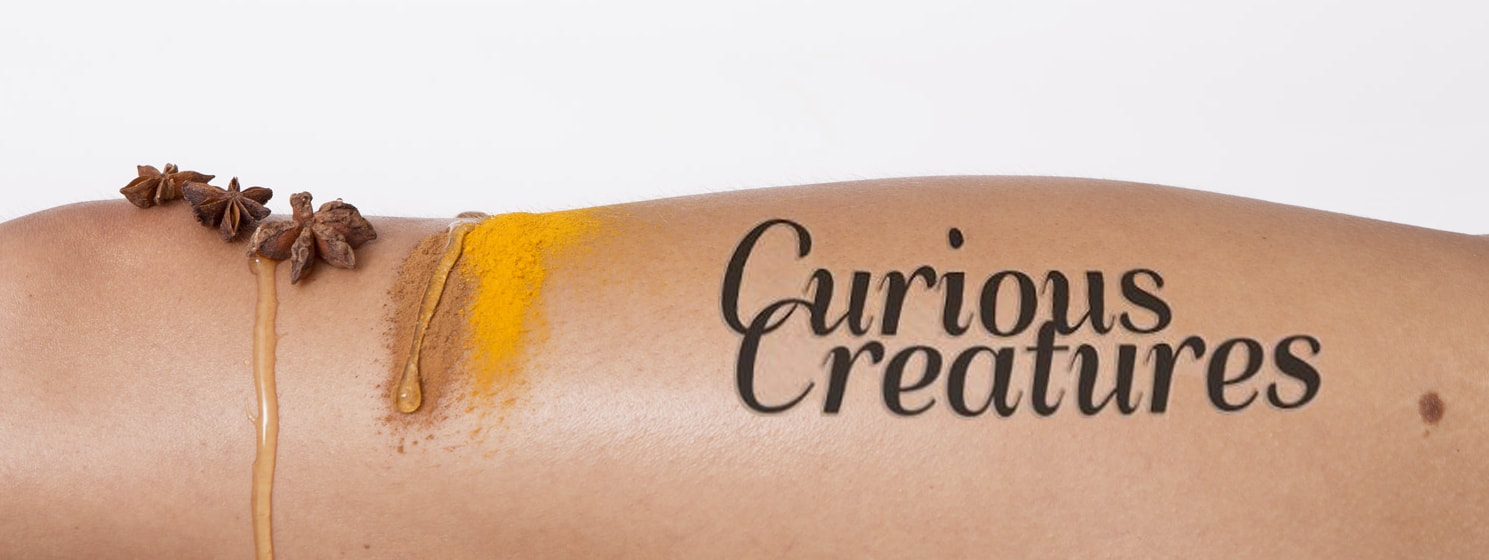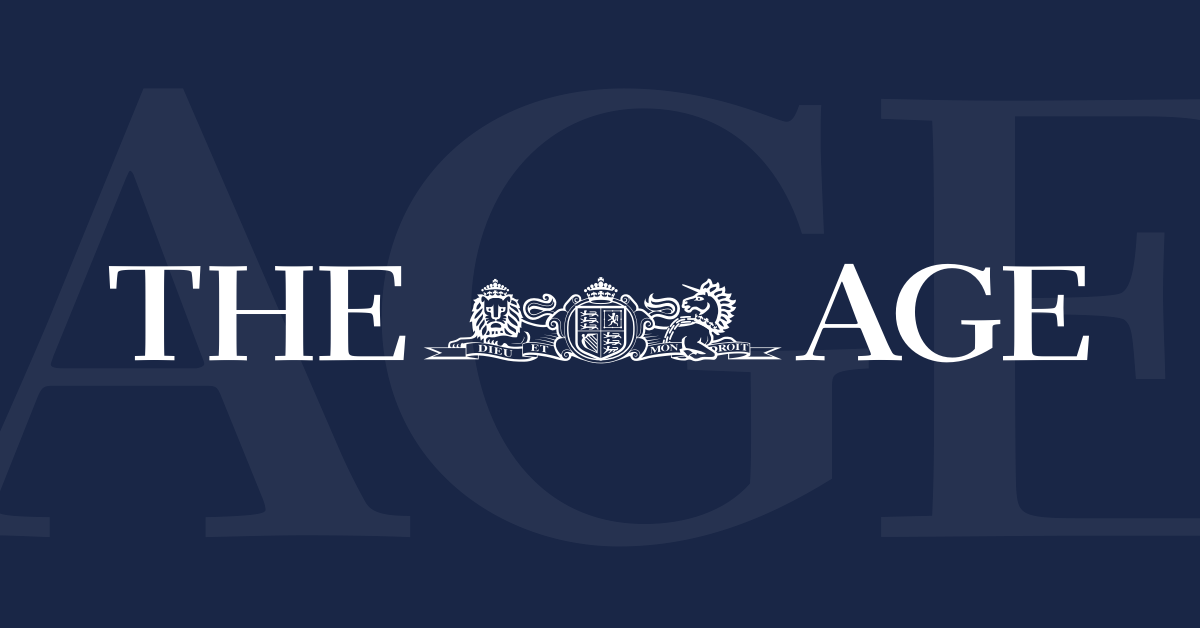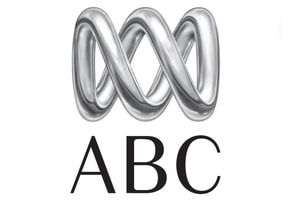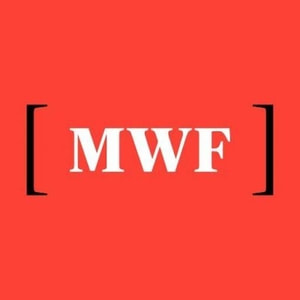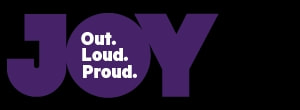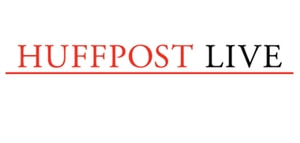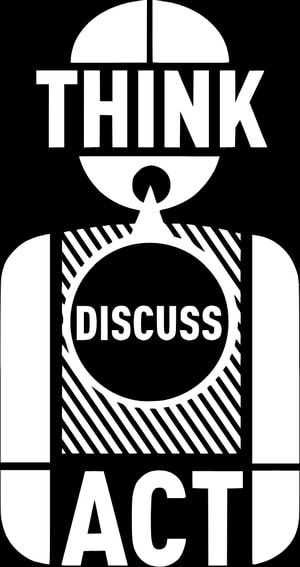Transforming accusations from something we fear or have difficulty responding to, to something that can trigger personal growth and positive change!
This workshop (formerly called ‘Joy of Accusations’) is about working with the accusations that inevitably flow from relationship conflicts. It provides a robust and repeatable structure that has the potential to convert the escalatory or overwhelming power of conflicts into something more useful and positive for the relationship and the individuals in it. We will be seeing conflict as an opportunity for healthy self-development and change; we will be turning lead into gold!
This conflict resolution workshop is pitched at professionals, as well as individuals that bring a desire to do better, and learn from, their own conflicts. It has been used as professional development by counsellors, therapists, psychologists, mediators, and conflict resolution specialists – essentially, anyone working with people in conflict or disagreement.
At the core of this workshop is a structured exercise that can be repeatedly used in a variety of contexts, and that works as well when working with online clients as it does in person.
Most of our enduring relationships - with lovers, friends, family members, or coworkers - will eventually involve conflict. Overt or covert accusations will emerge, often triggering a defensive response. Conflicts and tensions in the outside world often deliver us similar opportunities to work with things that trigger us.
Our culture, education and upbringing seldom give us the skills to work positively with accusations. This is a great loss. Both the accusations that are directed at us, and the ones that we direct at others (even if they are never spoken aloud) provide an opportunity for learning and personal growth.
So many of our desires - becoming a better person, doing more of what we want to do in the world, having more meaningful relationships - can be achieved through approaching accusations differently.
This conflict resolution workshop is a mix of theory, discussion and a thorough inner-work exercise (which you discuss with others in a small group environment, to the level that’s right for you). It is likely you will leave this exercise with a new perspective on an existing relationship conflict, as well as having a tool for working on your own or other people’s conflicts in the future.
This workshop is experiential, in that it involves you looking into an existing conflict you have, as a way to learn the material. While it will likely be very useful for couples in conflict and who attend together (since you’ll come away with a shared perspective and technique you can use), there is no opportunity for live relationship work in this workshop.
Facilitator: Roger Butler
Turning Relationship Lead into Gold: working with conflict is presented by Roger Butler, who’s been the principal facilitator and driving force behind Curious Creatures for nine years. Their training is in sexuality, facilitation, and counselling, and they’re easily one of Australia’s most prolific sexuality facilitators. Find out more about Rog and the team.
This is one of ~30 workshops offered by Curious Creatures (Australia’s biggest provider in the field). If you’re interested in this event you may want to check out our related in-person workshop: Power, Rank & Privilege: Playing with the cards you have.
This conflict resolution workshop is pitched at professionals, as well as individuals that bring a desire to do better, and learn from, their own conflicts. It has been used as professional development by counsellors, therapists, psychologists, mediators, and conflict resolution specialists – essentially, anyone working with people in conflict or disagreement.
At the core of this workshop is a structured exercise that can be repeatedly used in a variety of contexts, and that works as well when working with online clients as it does in person.
Most of our enduring relationships - with lovers, friends, family members, or coworkers - will eventually involve conflict. Overt or covert accusations will emerge, often triggering a defensive response. Conflicts and tensions in the outside world often deliver us similar opportunities to work with things that trigger us.
Our culture, education and upbringing seldom give us the skills to work positively with accusations. This is a great loss. Both the accusations that are directed at us, and the ones that we direct at others (even if they are never spoken aloud) provide an opportunity for learning and personal growth.
So many of our desires - becoming a better person, doing more of what we want to do in the world, having more meaningful relationships - can be achieved through approaching accusations differently.
This conflict resolution workshop is a mix of theory, discussion and a thorough inner-work exercise (which you discuss with others in a small group environment, to the level that’s right for you). It is likely you will leave this exercise with a new perspective on an existing relationship conflict, as well as having a tool for working on your own or other people’s conflicts in the future.
This workshop is experiential, in that it involves you looking into an existing conflict you have, as a way to learn the material. While it will likely be very useful for couples in conflict and who attend together (since you’ll come away with a shared perspective and technique you can use), there is no opportunity for live relationship work in this workshop.
Facilitator: Roger Butler
Turning Relationship Lead into Gold: working with conflict is presented by Roger Butler, who’s been the principal facilitator and driving force behind Curious Creatures for nine years. Their training is in sexuality, facilitation, and counselling, and they’re easily one of Australia’s most prolific sexuality facilitators. Find out more about Rog and the team.
This is one of ~30 workshops offered by Curious Creatures (Australia’s biggest provider in the field). If you’re interested in this event you may want to check out our related in-person workshop: Power, Rank & Privilege: Playing with the cards you have.
|
Tickets
Our 'rounds' of tickets are really simple: they're all the same, except that some of them are cheaper, to encourage you to book in early (because it makes a huge difference to us in terms of planning). Round One tickets are similar to 'early bird' tickets, and make up almost half of all ticket sales. Round Two tickets, slightly more expensive than Round One, also make up almost half of all ticket sales. Round Three tickets are generally only there once we're close to being sold out, but can squeeze in a late-comer or two. If you're feeling generous, you can buy whatever ticket feels right, but in general, folks buy the cheapest ones available. For this workshop, tickets range in price from $55 to $90, per person. Logistics LATE POLICY: Unless otherwise stated, workshops start at the advertised time, and doors will be locked ten minutes later. This is because late arrivals interrupt the dynamic of the group, and will miss crucial safety information. TICKETS ON DOOR?: All workshop tickets must be pre-purchased online, before the event. It is never possible to pay cash at the door; you will be turned away. More info at https://www.curiouscreatures.biz/faq.html |
To book into this workshop...
To book into any Curious Creatures workshop, we have a once-off application process that takes less than five minutes. Once you've done it, we will give you a level of access, and you can then book into as many workshops as you wish at that level of access. You can read more about this application process here. To apply, click here now. This workshop requires 'Normal' (or higher) access level. If you've already applied and received access, you can access the ticket-booking link here:
MELBOURNE: Sign up to our newsletter to be notified when new sessions are released (put your location as VIC). |
WHO THIS IS FOR AND NOT FOR...
INTENSITY: Two to four chillies (out of four). Different people experience this workshop very differently, depending on how new the work is to them, and what conflicts are up for them at the time, etc.
WHO FOR: People who want to learn from situations, including conflicts. People that are interested in 'inner work' or self-development. People working with conflict, such as therapists, counsellors, psychologists, mediators, conflict resolution specialists and parents.
WHO NOT FOR: Those looking for live couples counselling. (We don’t have the scope for live counselling in this workshop - please see our list of recommended therapists on our Resources page.
WHAT EXERCISES? One main inner-work exercise, which will first be demonstrated, that you’ll then do to the level that’s right for you, and then discuss in small groups to the level that’s right for you.
WILL THERE BE PARTNER WORK: This workshop entails mostly inner-work, with some group sharing and sharing in pairs.
CAN YOU WORK WITH AN EXISTING PARTNER / FRIEND? Not relevant. This is not a workshop where conflicts between two people will be worked with 'live'. Conflicts are used as examples in the abstract.
COMMITMENT: You can do the main exercise to whatever level is right for you.
RATIO OF EXPERIENTIAL TO THEORETICAL: About 50/50 per cent.
BRING: Water bottle, your own snacks.
WEAR: Whatever you're comfortable in.
WHO FOR: People who want to learn from situations, including conflicts. People that are interested in 'inner work' or self-development. People working with conflict, such as therapists, counsellors, psychologists, mediators, conflict resolution specialists and parents.
WHO NOT FOR: Those looking for live couples counselling. (We don’t have the scope for live counselling in this workshop - please see our list of recommended therapists on our Resources page.
WHAT EXERCISES? One main inner-work exercise, which will first be demonstrated, that you’ll then do to the level that’s right for you, and then discuss in small groups to the level that’s right for you.
WILL THERE BE PARTNER WORK: This workshop entails mostly inner-work, with some group sharing and sharing in pairs.
CAN YOU WORK WITH AN EXISTING PARTNER / FRIEND? Not relevant. This is not a workshop where conflicts between two people will be worked with 'live'. Conflicts are used as examples in the abstract.
COMMITMENT: You can do the main exercise to whatever level is right for you.
RATIO OF EXPERIENTIAL TO THEORETICAL: About 50/50 per cent.
BRING: Water bottle, your own snacks.
WEAR: Whatever you're comfortable in.
"One of the most valuable workshops I’ve done to date."
•
"Refreshing and honest."
•
"Well paced, lots of useful information, really helpful to have Rog go through an example first. Absolutely feel I got value for money. I've already recommended it to others. :-) "
•
"A helpful self awareness tool."
•
"Really interesting, loved the group of people there."
•
"What an eye-opener the practical exercise is, on turning accusations around and looking at them from all angles. I realised that there's usually at least a seed of truth in criticism (sometimes much more than a seed!), and that this truth guides me to greater empowerment. I also realised that people are generally unskilled at giving feedback ... and if I hold that against them, I miss out on a rich source of personal growth pointers. Conversely I now get that the more 'mixed' or 'emotionally charged' my feedback is, the less likely it is that someone else will/can listen to it ... and that there are ways I can make it easier for them to pickup (which benefits us both)."
•
"Refreshing and honest."
•
"Well paced, lots of useful information, really helpful to have Rog go through an example first. Absolutely feel I got value for money. I've already recommended it to others. :-) "
•
"A helpful self awareness tool."
•
"Really interesting, loved the group of people there."
•
"What an eye-opener the practical exercise is, on turning accusations around and looking at them from all angles. I realised that there's usually at least a seed of truth in criticism (sometimes much more than a seed!), and that this truth guides me to greater empowerment. I also realised that people are generally unskilled at giving feedback ... and if I hold that against them, I miss out on a rich source of personal growth pointers. Conversely I now get that the more 'mixed' or 'emotionally charged' my feedback is, the less likely it is that someone else will/can listen to it ... and that there are ways I can make it easier for them to pickup (which benefits us both)."
